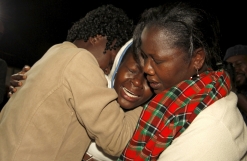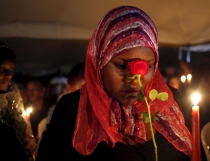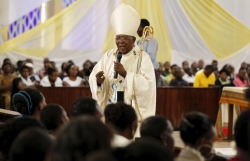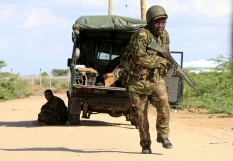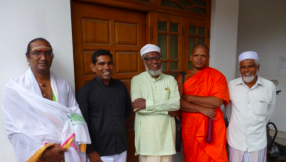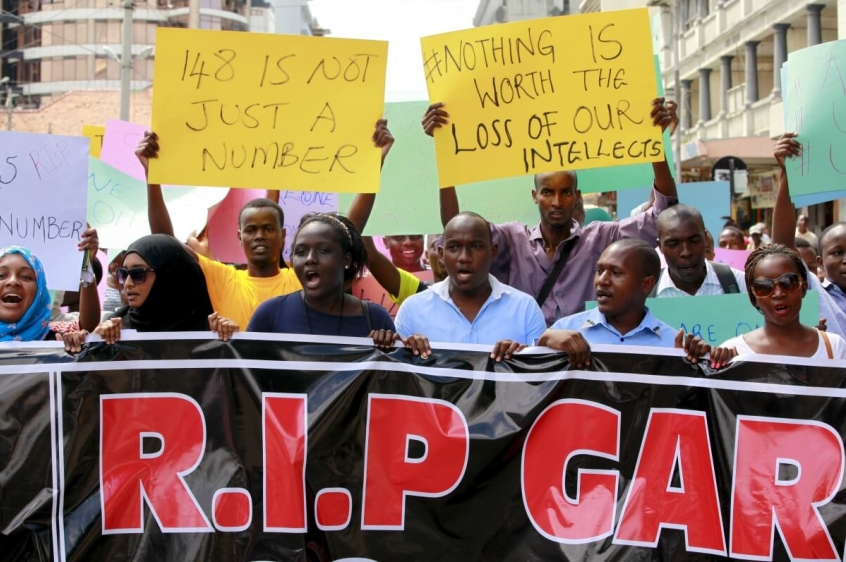
At least 95 schools in northern Kenya have been forced to close after teachers, many of whom are Christians, refused to work fearing attacks from Islamist militant group al-Shabaab.
In April, 148 students at Garissa University College were killed by the terrorist group which has conducted a number of deadly attacks in the region in recent years.
"Teachers left and did not report back, so some schools have since closed down," Joseph Alessandro, Coadjutor Bishop of the Garissa Diocese told Religion News Service.
Jacob Kaimenyi, cabinet secretary for Kenya's Ministry of Education, said that at least 95 public schools have closed indefinitely, and almost another 500 could face the same fate as more than 2,000 teachers have refused to go back to work.
Although the public schools have had to close, Alessandro said the church schools are trying to stay open, even though they have fewer students and teachers.
"We are trying our best not to shut down. Parents had asked for security in schools and the government has provided some," he said.
After the Garissa University attack, one head teacher told CNN that al-Shabaab intended to scare the teachers into leaving.
"They want to make sure they terrify the teachers so they go to their homes – so the kids in this area don't get what they deserve," said James Ndonye, head of Ibnu-Siina school, just down the road from Garissa University.
April's attack, which was the group's deadliest attack to date, has only exacerbated existing fears, particularly as the terrorists were said to have specifically targeted Christian students.
Last year 11 of Ndonye's teachers left over fears of an attack by al-Shabaab. In February, 700 teachers went on strike asking to be moved to safer parts of the country.
And their fears are not unfounded; in November last year more than 20 teachers were killed as they travelled home for Christmas when al-Shabaab attacked a bus near the border with Somalia.
Al-Shabaab also attacked the Somali Ministry of Education in April, killing at least six people and wounded several others.
There have been suggestions that the attacks on educational establishments are an attempt to follow the practices Islamist group Boko Haram, primarily operating in northern Nigeria. Schools and universities can often be seen as places of Western influence, and therefore become targets.
Kenya's population is roughly 80 per cent Christian and only 11 per cent Muslim, although the Muslim community is more concentrated in the north-east. Al-Shabaab is particularly active in this area because of its proximity to the Somali border.










